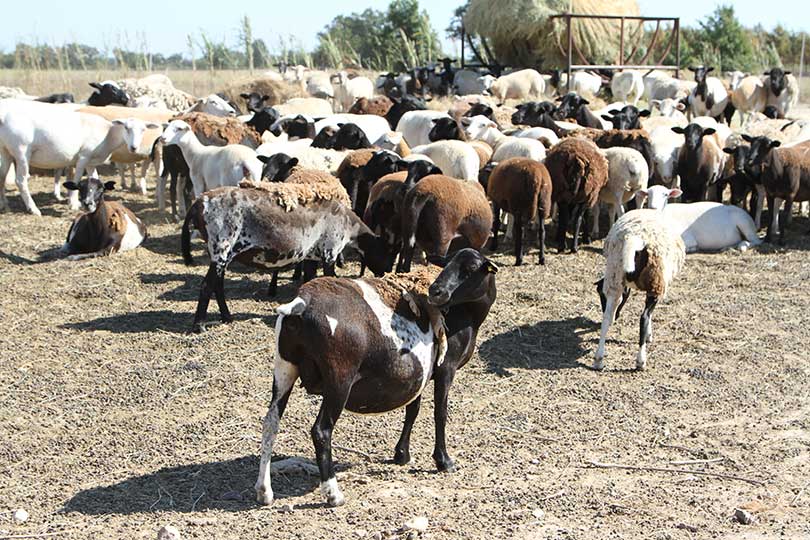Late last week, Texas Animal Health Commission (TAHC) officials confirmed scrapie in a Hartley County ewe. The ewe was tested by TAHC after the owner reported signs of weight loss and lack of coordination to their local veterinarian. The premise was quarantined and a flock plan for monitoring is being developed by the TAHC and U.S. Department of Agriculture (USDA).
“The TAHC is working closely with the flock owner, sharing all of the options for disease eradication,” Dr. David Finch, TAHC Region 1 director, said in a news release. “We are thankful the producer was proactive in identifying a problem and seeking veterinary help immediately.”
Scrapie is the oldest known transmissible spongiform encephalopathies, and under natural conditions only sheep and goats are known to be affected by scrapie. The fatal disease affects the central nervous system of sheep and goats.
The most effective method of scrapie prevention is to maintain a closed flock. Raising replacement ewes, purchasing genetically resistant rams and ewes or buying from a certified-free scrapie flock are other options to reduce the risk of scrapie. At this time, the resistant genetic markers in goats have not been identified. Therefore, it’s important to maintain your sheep and goat herds separately.
The incubation period for scrapie is typically two to five years. Livestock owners should record individual identification numbers and the seller’s premise identification number on purchase and sales records. These records must be maintained for a minimum of five years.
Livestock owners should notify TAHC at 800-550-8242 or the USDA-Austin office at 512-383-2400 if they have an adult sheep or goat with neurologic signs such as incoordination, behavioral changes or intense itching with wool loss.
For more information, visit the TAHC website.

